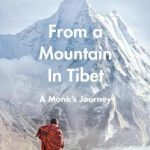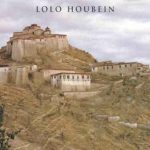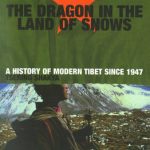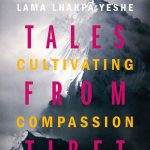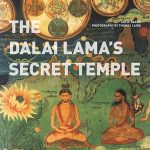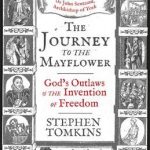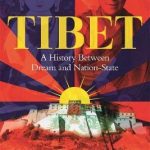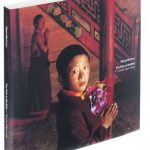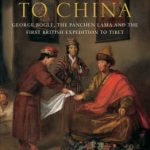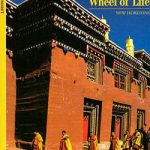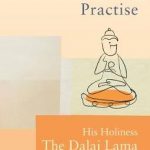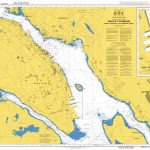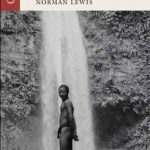Disclosure : This site contains affiliate links to products. We may receive a commission for purchases made through these links.
Freedom in Exile
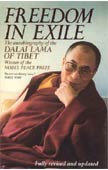
The Dalai Lama`s autobiography should leave no one in doubt of his humility and genuine compassion. Written without the slightest hint of pretence, the exiled leader of Tibet recounts his life, from the time he was whisked away from his home in 1939 at the age of four, to his escape from Tibet in 1959, to the winning of the Nobel Peace Prize in 1989. The backdrop of the story is the 1950 Chinese invasion of Tibet. We learn in calm detail of imprisonment, torture, rape, famine, ecological disaster and genocide that in under four decades of Chinese rule have left a million-and-a-quarter Tibetans dead and the Tibetan natural and religious landscapes decimated. Yet the Dalai Lama`s story is strangely one of hope. This man who prays for four hours a day harbours no ill will toward the Chinese and sees the potential for good everywhere he casts his gaze. Someday, he hopes, all of Tibet will be a zone of peace and the world`s largest nature preserve. Such optimism is not naive, but a result of his daily studies in Buddhist philosophy and his doctrine of Universal Responsibility.Inspiring in every way, Freedom in Exile is both a historical document and a fable of deepest trust in humanity.
















